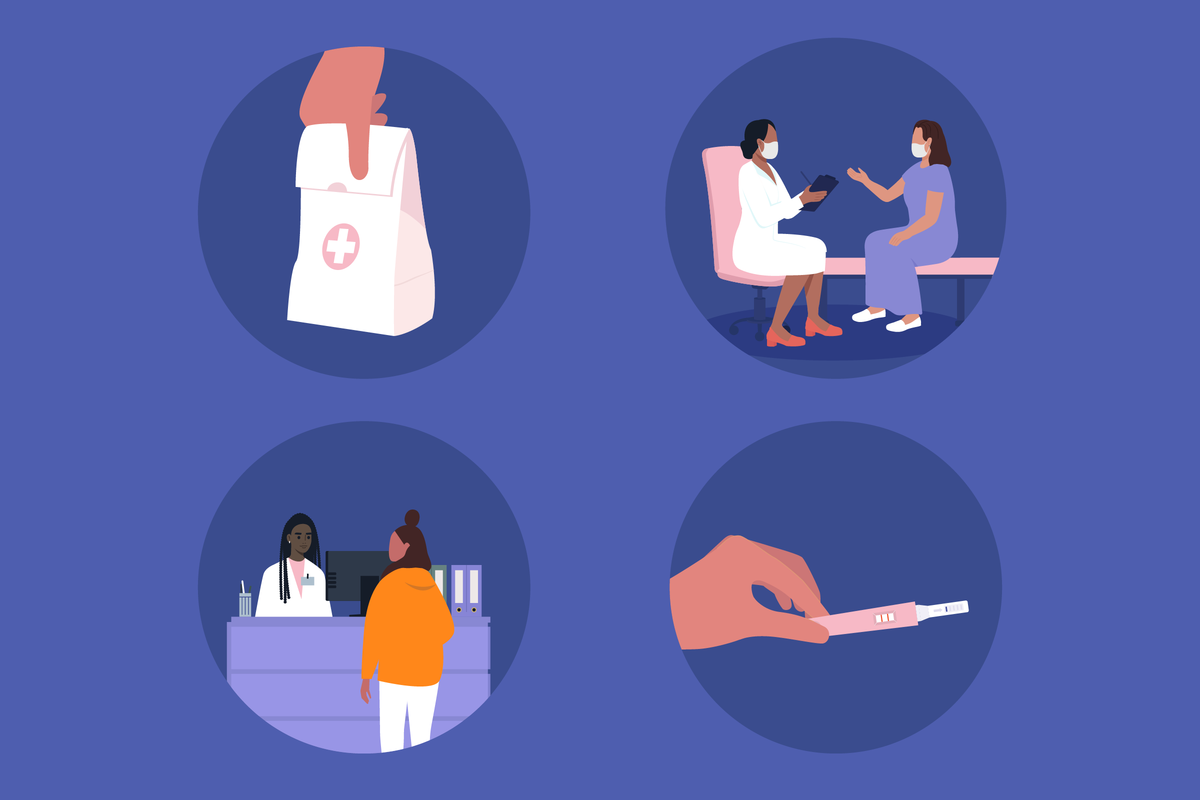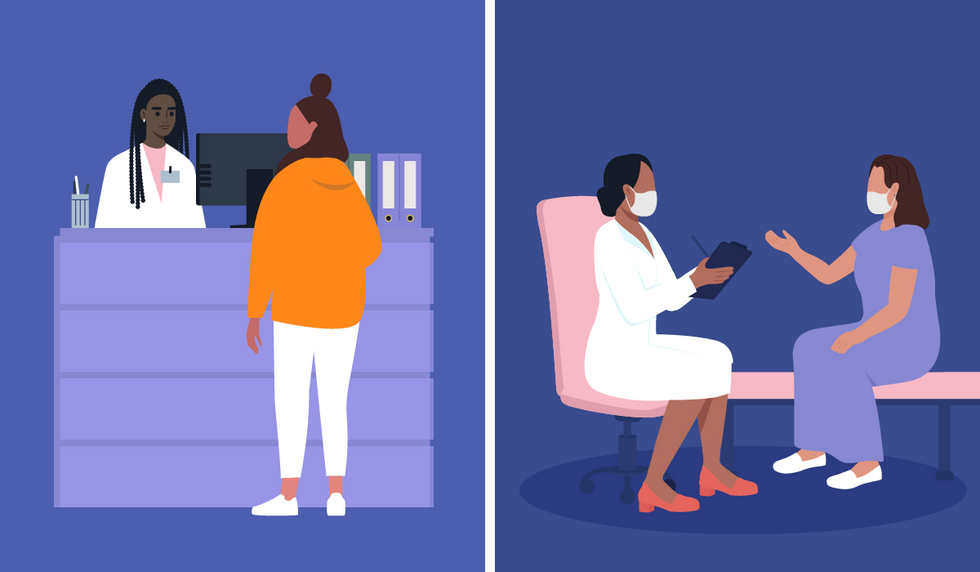A medical abortion is one way to end an early pregnancy using prescription medication. Complications are
very rare, and this method is considered safe and effective for most people up to 70 days of pregnancy, or about 9 to 10 weeks since their last period.
In 2020, more than half of the abortions in the United States were medical abortions. Six out of 10 abortions in the United States take place in the first 10 weeks of pregnancy, and medical abortion is the most common method for ending a pregnancy in that time frame.
- Medical abortion, medication abortion and the abortion pill all mean the same thing — taking medication instead of getting a surgical procedure to end a pregnancy.
- The method involves taking two types of medication — mifepristone and misoprostol — in combination, either at home or in a healthcare facility.
- These medications must be prescribed by a certified healthcare provider. You can get them from some healthcare providers and clinics (either in-person or via telehealth) or through mail-order or online pharmacies. Be sure to research online pharmacies first to be sure they are safe sources for medication. We’ve included a resource below.
- Medical abortion is effective 99.6% of the time. In the few occasions when it does fail, surgery or additional follow-up care may be needed.
- Complications are rare, but can happen. These include:
- Leftover tissue from your pregnancy in your uterus
- Blood clots in your uterus
- Very heavy bleeding
- Infection
- An allergic reaction
- Leftover tissue from your pregnancy in your uterus
- You can be in a comfortable place, such as your home, when you take your pills. The pills will cause bleeding and cramping. Some people may also experience nausea, vomiting, diarrhea or other side effects. Plan to take 1 to 2 days of rest after a medical abortion.
If any of these occur, you will need to reach out to your healthcare provider for additional treatment.
While medical abortion is a safe and effective alternative to surgical abortion, it’s not right for everyone. It’s important to discuss the method, including whether you’re a good candidate, with a healthcare provider, either in person or through an online telehealth provider. For more information about access to medical abortion, check out Plan C.
- Your Care - HealthyWomen ›
- Five Things to Know Now That the Supreme Court Has Overturned Roe v. Wade ›
- Abortion Opponents Are Chipping Away at Reproductive Rights - HealthyWomen ›









